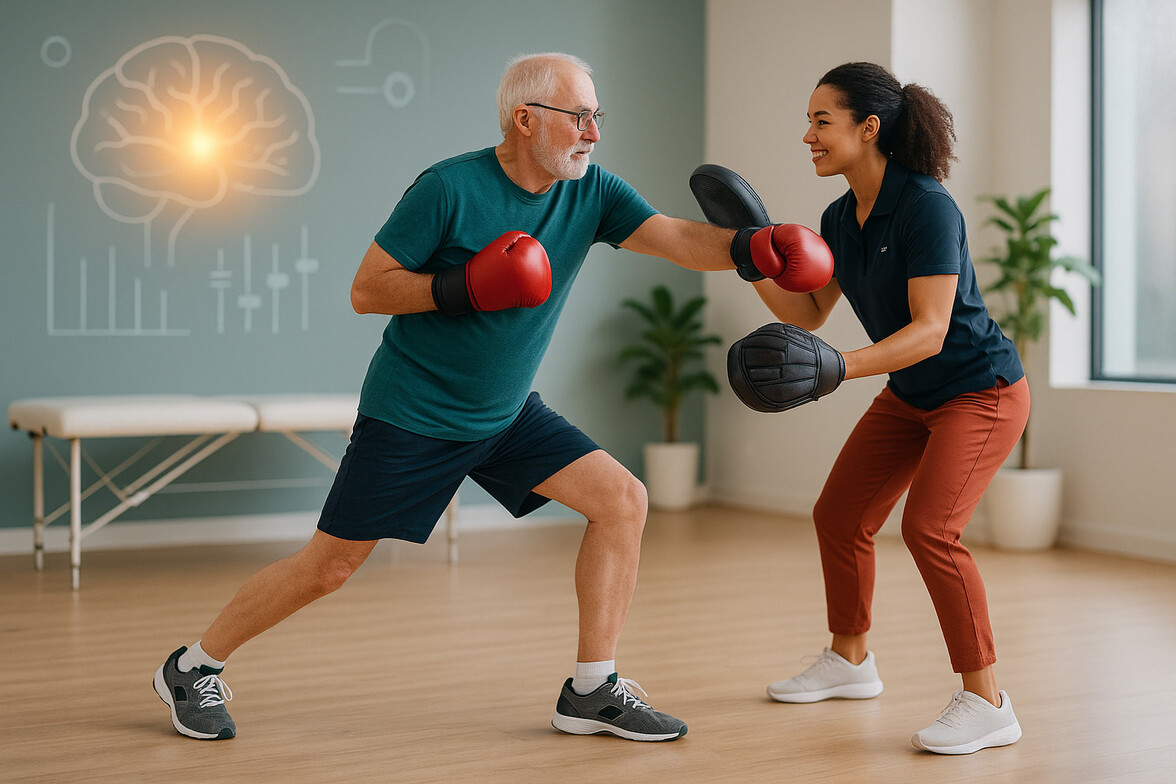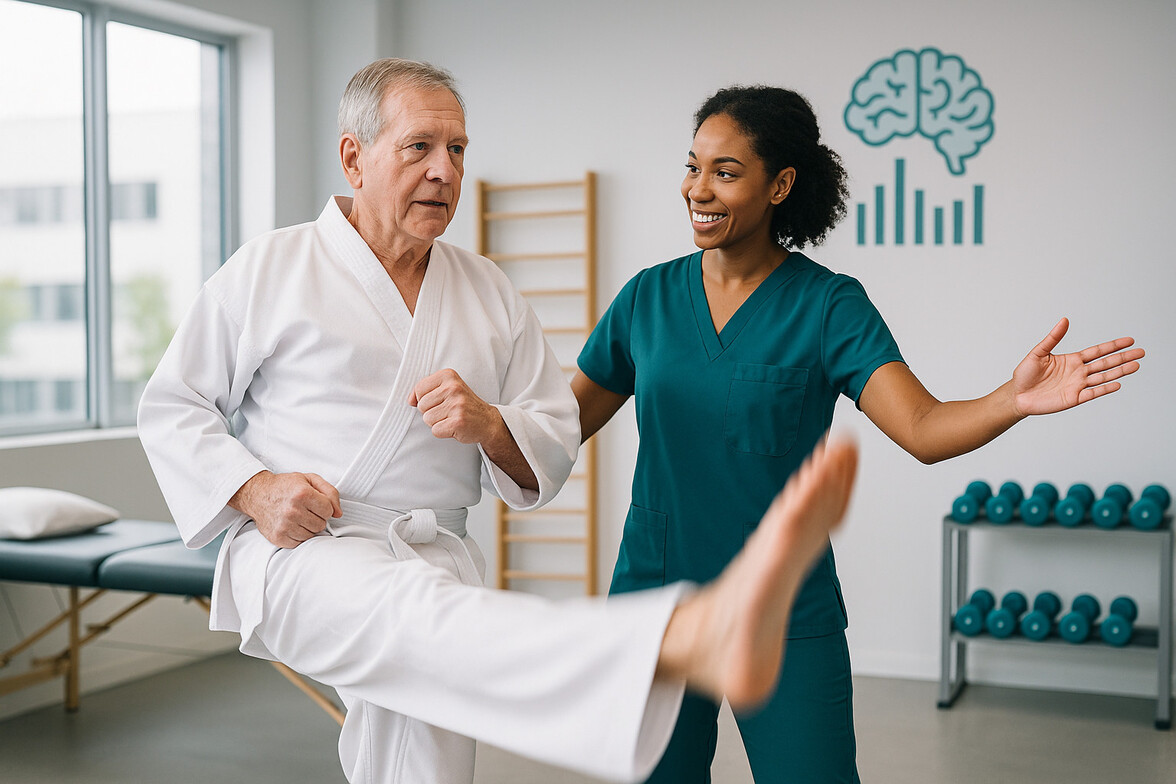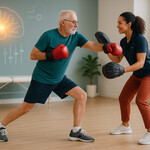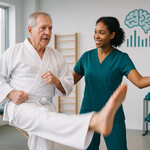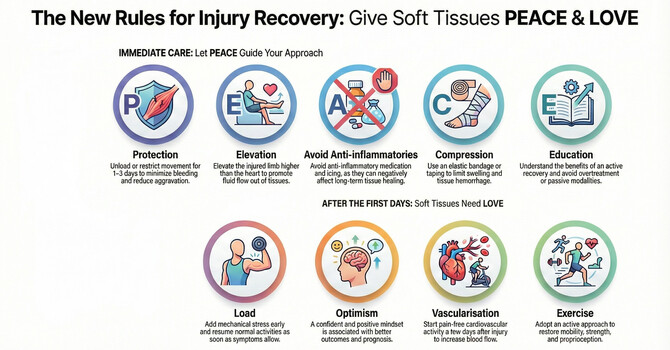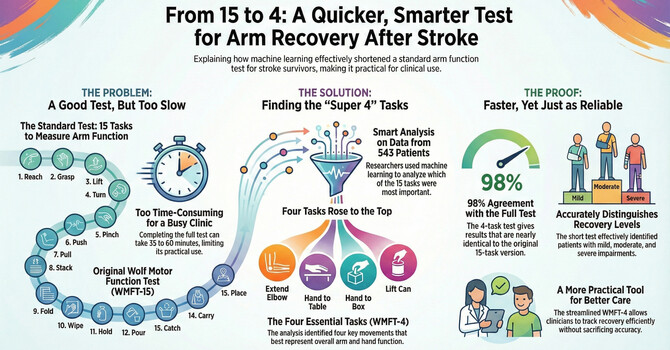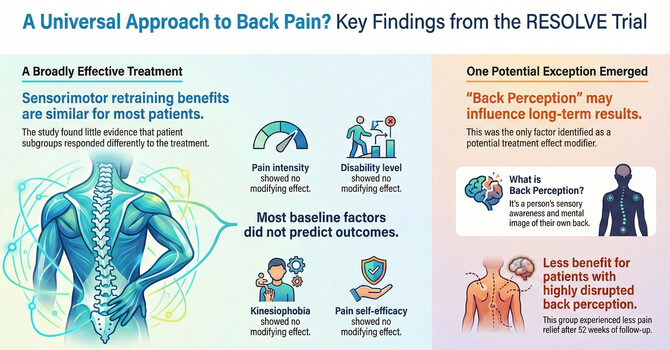At Unity Move Physical Therapy & Wellness, we believe that understanding your body is the first step to taking charge of your health. Parkinson’s disease can feel confusing, so let’s use a simple analogy to explain what’s happening in the brain—and why exercise makes such a big difference.
The Brain’s Amplifier
Imagine you’re at a concert. The band is playing, but the sound system isn’t turned up. You can hear the music, but it’s faint and doesn’t fill the room. That’s what happens in the brain when someone has Parkinson’s disease.
There’s a part of the brain called the basal ganglia. Its job is a lot like an amplifier for music—it takes the signals from the brain and makes them stronger before they go to the muscles. This allows movements to be big, smooth, and powerful.
In Parkinson’s disease, the brain doesn’t have enough of a chemical called dopamine. Without dopamine, the amplifier doesn’t work the way it should. The signals from the brain are still there, but they don’t get boosted. That’s why movements become:
-
Small (tiny steps, soft voice, smaller handwriting)
-
Slow (taking longer to get moving or finish an action)
-
Stiff (muscles that feel tight or rigid)
So, it’s not that the brain or muscles forget how to move—it’s that the “volume knob” on the amplifier isn’t working.
Why Movement Matters
Here’s the good news: even when the amplifier is weak, exercise can help retrain the body to move bigger and stronger. Think of exercise as a way of manually turning up the volume.
When people with Parkinson’s disease practice moving with larger, faster, and more powerful motions, they can overcome the weak signals. Research shows that regular exercise can improve balance, walking, flexibility, and even confidence. In many cases, it helps people stay independent for longer.
Sports That Help
Not all exercise is created equal. Some activities are especially powerful for Parkinson’s because they directly fight against the small, slow movements the condition causes.
-
Taekwondo: The big kicks and punches challenge your speed, balance, and coordination.
-
Boxing: Training involves quick, strong arm movements, fast footwork, and rhythm.
-
Tango dancing: Large steps, turns, and working with a partner improve coordination and confidence.
These sports don’t just exercise the body—they also stimulate the brain, which helps reinforce new movement patterns.
The Unity Move PT Approach
At Unity Move PT in Fayetteville, NY, we specialize in creating exercise and therapy programs that meet people with Parkinson’s right where they are. We know that every person’s journey is different. Our goal is to help you:
-
Move more freely
-
Reduce stiffness
-
Improve balance
-
Stay independent and active
-
Enjoy life with more confidence
Whether you’re brand new to exercise or already active, we’ll guide you through safe, evidence-based activities that can make a real difference in how you feel and function.
Take the Next Step
If you or a loved one is living with Parkinson’s disease, remember this: movement is powerful medicine. With the right guidance, you can train your body and brain to move bigger, faster, and stronger.
Call us today at 315-687-8678 or visit https://unitymovept.com to learn how Unity Move PT can support you on your journey with Parkinson’s disease.


